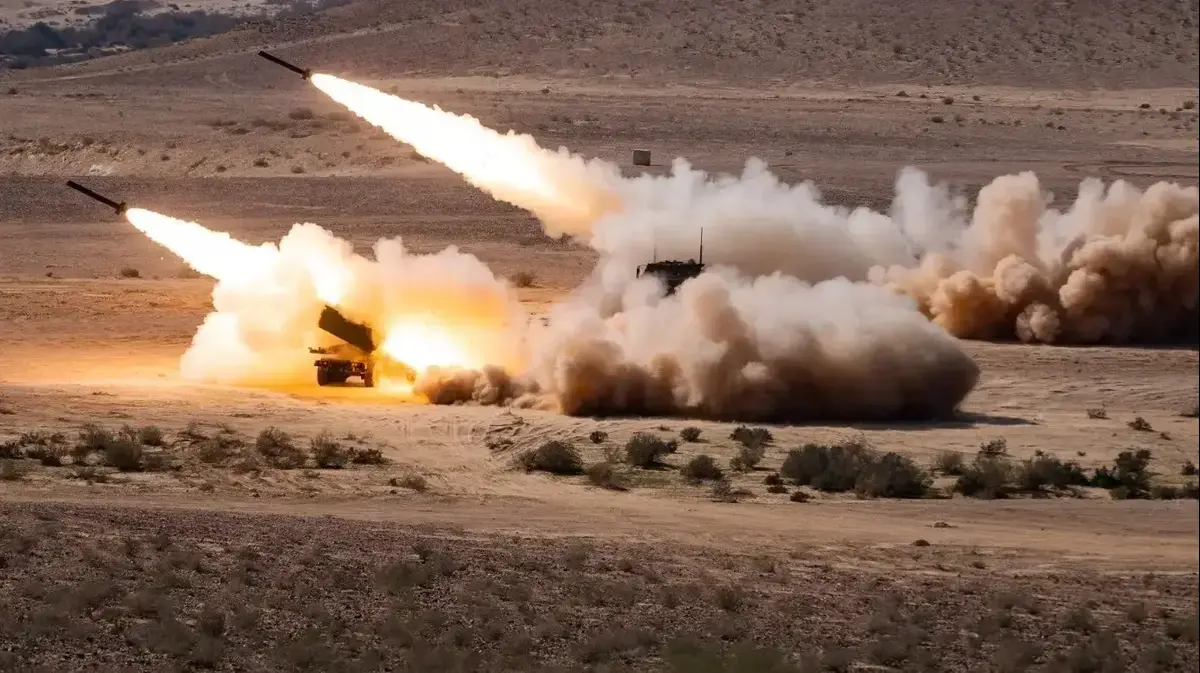SAP logo © Leon Kuegeler/IMAGO
China is dependent on German high-tech – to such an extent that immediate decoupling would be very painful. Especially when it comes to IT applications, German providers such as SAP are indispensable.
This article is IPPEN. MEDIA in the course of a cooperation with the China.Table Professional Briefing – it was first published by China.Table on May 23, 2023.
The increasing dependence of German industry on Chinese technology is obvious. Even though there is an extensive debate about how deep the dependence actually is, one thing is clear: Germany and the West are becoming more dependent.
What we overlook, however, is that China is also dependent on German high-tech and software, even in central IT areas. One example is the ERP systems of the German software company SAP. ERP (Enterprise Resource Planning) is a software system that makes companies more efficient because it helps to automate better. For example, the ERP system can increase efficiency in finance, human resources, manufacturing, supply chains, services, but also in procurement.
Newsletter from Table.Media
Get 30 days of free access to further exclusive information from the Table.Media Professional Briefings – the decisive factor for the decision-makers in business, science, politics, administration and NGOs.
Example 1: Resource planning of SAP
For a company, such software is central. ERP from SAP automates and connects business processes within a company. So, all the essential information goes through this application. SAP therefore plays a central role in the processes.
Around 35 percent of Chinese companies now use SAP's ERP application, especially in production (41 percent). In second place is the communications industry. Among large companies in China, SAP is even the market leader with a market share of 33 percent. It is followed by the US company Oracle with a market share of 20 percent. IBM still has eight percent.
Example 2: Design software from Siemens
This means that more than 60 percent of the organizational software of all large Chinese companies comes from European and American providers. However, among small and medium-sized enterprises that do not spend so much money on software solutions, the Beijing-based company Yonyou is already the market leader with a share of 30 percent. But SAP continues to play an important role in this area as well, with a market share of 15 percent. Oracle has six percent. Its U.S. competitor Infor five percent. However, China's ERP market grew by 2021 percent to $13.5 billion in 6.
0
Also Read
Retiring earlier: Retiring with these chronic diseases without deductions
READ
Cadre forge for the super-rich: This is how much the most expensive boarding school in the world costs
READ
Reform of long-term care insurance decided – who gets more money now
READ
Municipalities should collect heating data: This is what chimney sweeps and energy suppliers say
READ
German shoe chain insolvent: Almost all Reno stores have to close
READ
Fancy a voyage of discovery?
My Area
The situation is similar with the CAD software of the engineering group Siemens. Siemens is the second-largest supplier in China with its design software. The company's industrial control systems are also deeply interwoven with China's critical infrastructure.
Example 3: Chips from Infineon
The situation is similar with semiconductors. The German company Infineon is the leading chip manufacturer in the automotive industry. China accounts for 29 percent of the company's revenues, more than Japan, the U.S. and Germany combined. However, it does not break down how high the proportion of Chinese companies is compared to foreign companies on the ground.
What is clear, however, is that a large part of the Chinese automotive industry trusts German chips. This means that the Chinese are also dependent on software and chips from Germany for the time being. Certainly, the dependence will decrease over time. But it will not disappear overnight, especially if the German software industry manages to continue to play a leading role, which is not due to the Chinese, but to our own innovative strength.
Alone, both are slower
The word "dependency" may sound negative, but it also has a positive dimension when economies are so closely intertwined. "Mutual market shares or, even better, cooperation in sensitive software areas are the best insurance against misuse," says Hans Uszkoreit, scientific director at the German Research Center for Artificial Intelligence, "much better than elaborate controls or even a ban."
The trend to decouple oneself from the respective know-how, on the other hand, leads to "Germany and Europe being put on the defensive," says the veteran of AI research, who also worked at the Chinese computer manufacturer Lenovo. The technology is currently developing faster in China than in Europe. However, it can pull Western competitors along if they are represented locally. Uszkoreit is a champion of german-Chinese cooperation.
Sanctions force China to develop its own
Western sanctions, on the other hand, are increasing the pressure for independence: In April, the communications group Huawei announced that it had developed its own ERP software because Oracle's system could no longer be used due to US sanctions. "We were cut off from the old ERP system and other central operations and management systems three years ago," said CEO Tao Jingwen.
Huawei has thus decoupled itself from Western software. "Today we are proud to announce that we have broken this blockade, we have survived." It is "the largest and most complex transformation project Huawei has ever undertaken." Huawei does not rule out marketing the system to third parties as well. (By Frank Sieren)








